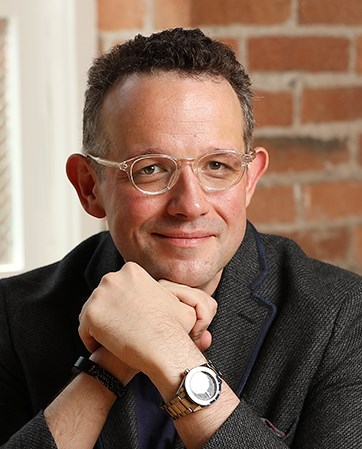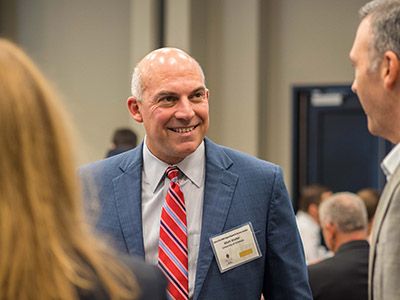Out of Office

Ouf of Office/
HNRC 300VH (030)
TUESDAYS, 12:30-1:45 p.m., SPRING 2022
GEAR 129
Interested?
Current students can apply online. Deadline Extended to : 11:59 p.m., Tuesday, Nov. 2, 2021.
Questions?
Contact
John Treat
.
Apply for Honors College Courses
One of the most profound implications of the pandemic when it comes to the nature of work involves the accelerated trend toward a more distributed workforce. Gartner’s 2020 “Future of Work Trends” report found that nearly half of employees (48%) plan to continue working remotely at least some of the time once the pandemic ends. That’s up from 30% pre-pandemic.
The idea that for the first time in history millions of people can have the career they want and also live where they can have the best life sounds utopian, but it also presents myriad questions for business leaders, regardless of their organization’s size, scope, or industry. Questions, for instance, like, “Should we even use the word ‘remote’ to describe our workforce?” We think not. When something is remote, it’s far away and isolated. The better term is “distributed,” which means separated but still connected.
This class will explore key questions connected to the growing distributed workforce so that students can understand the implications, address the resulting organizational challenges, and be prepared to implement those solutions in their careers. Using panels and guest speakers, articles and videos, the course will examine how a distributed workforce is impacting collaboration, compensation, career advancement, productivity, mentorships, community, organizational culture, inclusion, diversity, security, burnout, employee benefits, contingent workers/solopreneurs, taxation, mental health and family life.
The course itself will be taught in a distributed fashion. Course work will take place asynchronously, synchronously, and in-person face-to-face. Students, for instance, will watch videos independently and in small groups, gather for Q&A sessions, and meet for supper club discussions and to hear guest speakers.
About Phil Libin and Matthew Waller:
Phil Libin is a co-founder and the CEO of All Turtles, an Artificial Intelligence (AI) startup studio. He is also the co-founder and former CEO of the global productivity tool Evernote, which created an epic transformation in workflow and has redefined the way individuals and teams work today. A sought-after leader on innovation, Libin provides audiences with an engaging look at what it takes to reinvent productivity at global scale. His investment focus is generally on using technology to enhance humanity, productivity, and business globally.
 Matthew A. Waller is dean of the Sam M. Walton College of Business, Sam M. Walton Leadership Chair,
and professor of supply chain management. He received the 2020 Distinguished Service
Award from the Council of Supply Chain Management and serves on the board of directors
of the Winthrop Rockefeller Institute and Private Equity Advisory Board of Natural
Capital. He is in the top 20 cited authors at the University of Arkansas on Google
Scholar (9,900 citations) and served for five years as co-editor-in-chief of the Journal of Business Logistics.
Matthew A. Waller is dean of the Sam M. Walton College of Business, Sam M. Walton Leadership Chair,
and professor of supply chain management. He received the 2020 Distinguished Service
Award from the Council of Supply Chain Management and serves on the board of directors
of the Winthrop Rockefeller Institute and Private Equity Advisory Board of Natural
Capital. He is in the top 20 cited authors at the University of Arkansas on Google
Scholar (9,900 citations) and served for five years as co-editor-in-chief of the Journal of Business Logistics.